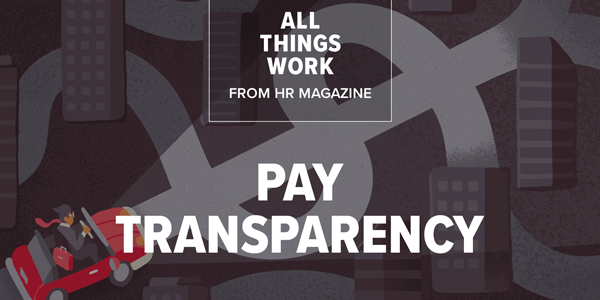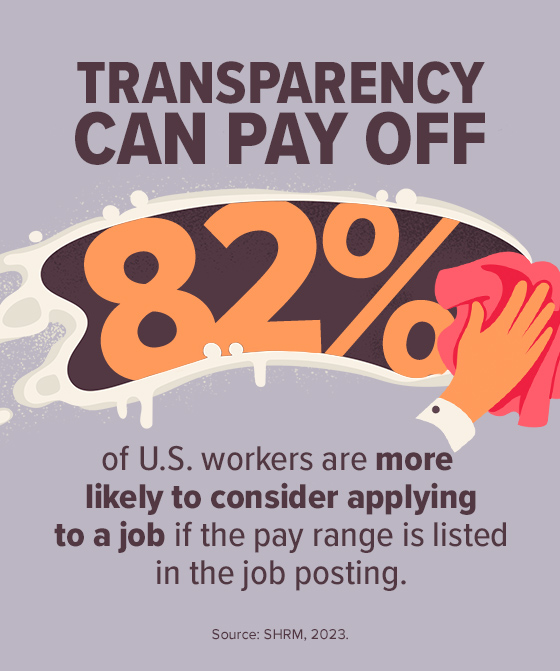Employee compensation has traditionally been shrouded in secrecy. Salaries were rarely discussed in polite company, and employers did not disclose their compensation for job openings until making an offer.
But a series of rapidly expanding state and local laws requiring employers to post salary ranges and prohibiting questions about salary history are offering more pay transparency than ever before. This trend is creating foundational challenges but also opportunities for company leaders to reduce pay disparities, especially the gender pay gap.
"Since wages have been set under a realm of secrecy, when the curtain is lifted, you would expect wages to rise," says Zoe Cullen, an assistant professor of economics at Harvard Business School. "Why? Because everyone has been negotiating individually. When people who are paid less than their peers suddenly discover that, they will want to renegotiate their salary."
Three years after those first state laws passed, is the movement accomplishing what it set out to do?




Comments
Post a Comment